Your cart is currently empty!
Tag: PestControl

Organic cannabis cultivation is an effective way to produce cannabis that benefits both the environment and consumers by using natural fertilizers and eco-friendly pest control. This guide explores best practices for enhancing soil health and promoting sustainable growth, emphasizing the use of compost, cover crops, and organic mulch to maintain a healthy soil ecosystem. Growers…
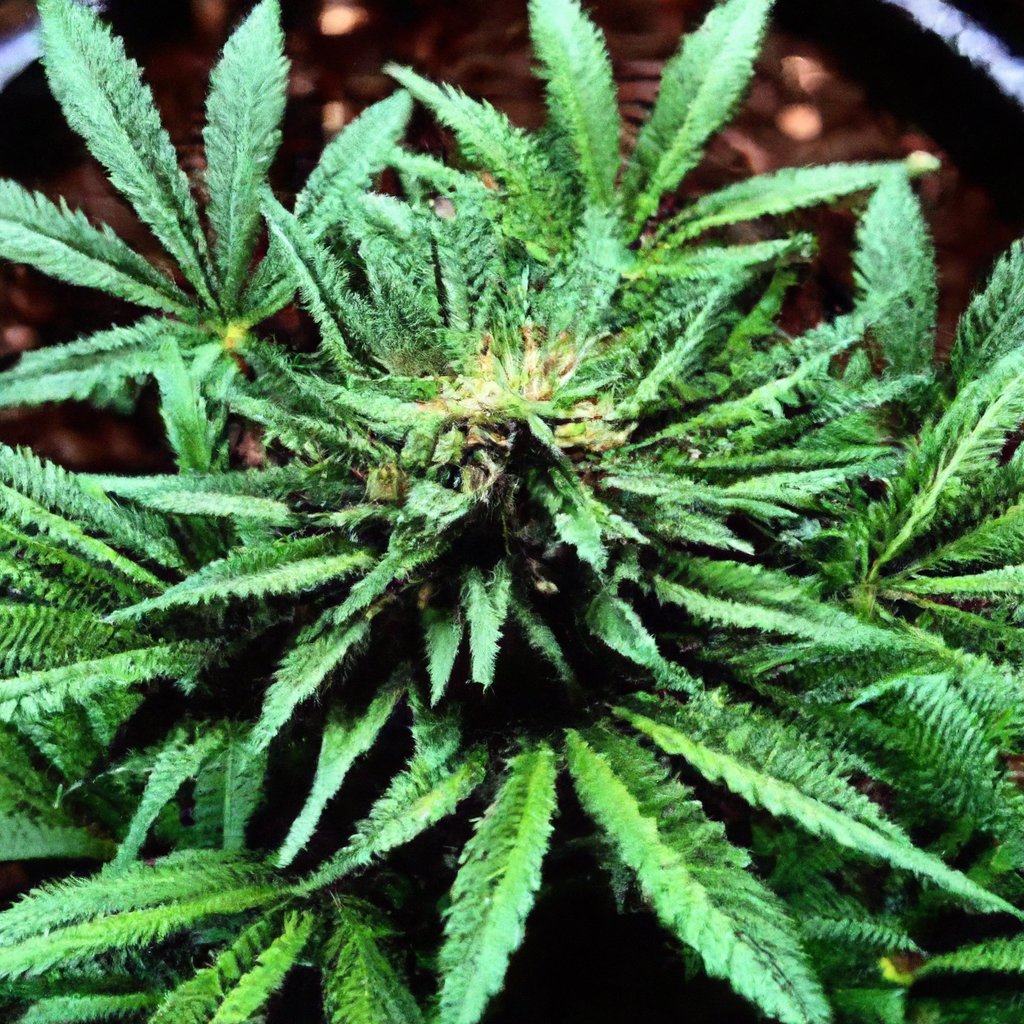
Companion planting is an ancient technique finding renewed interest in cannabis cultivation for its ability to naturally enhance growth, deter pests, and improve soil health. By strategically pairing plants like marigolds and basil with cannabis, growers can reduce reliance on synthetic fertilizers and pesticides, while boosting biodiversity. This practice not only offers pest control and…
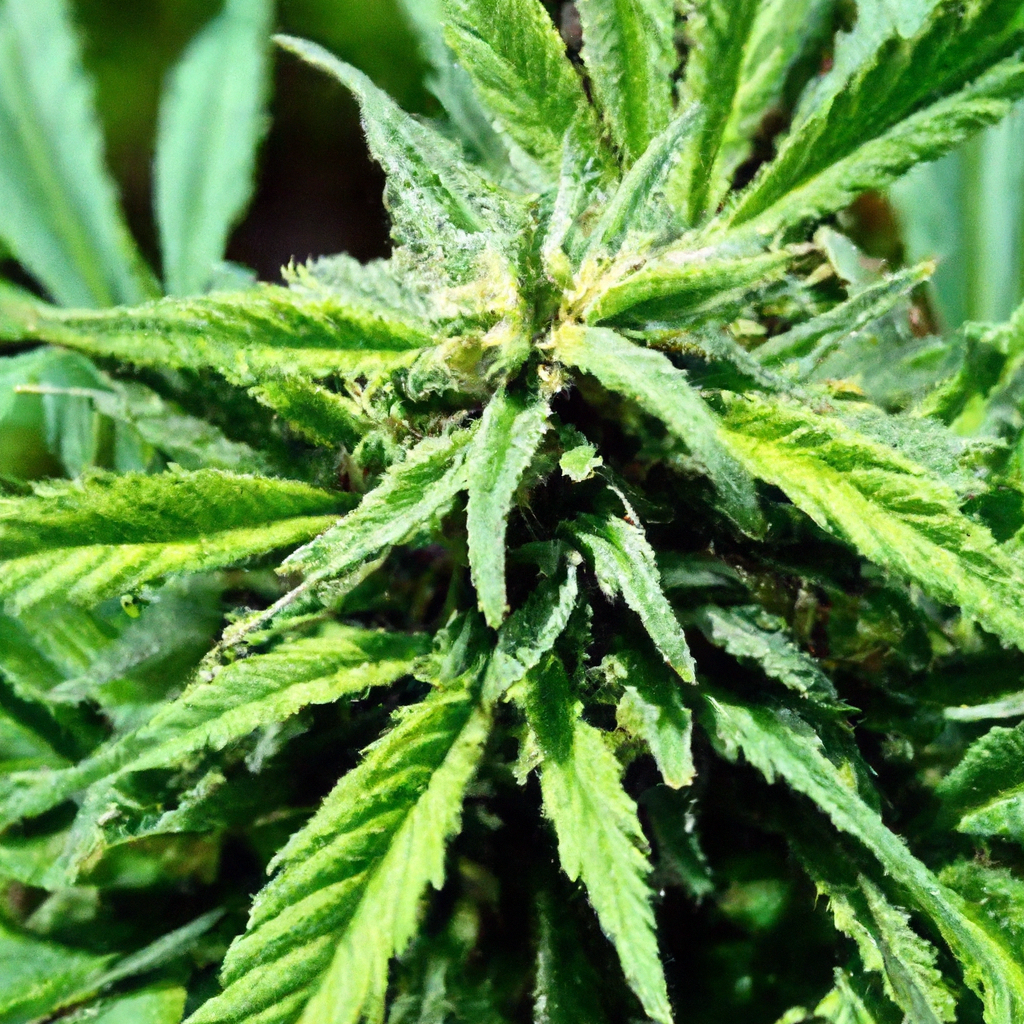
Organic cannabis cultivation is becoming popular among eco-conscious growers due to its environmental benefits and ability to enhance cannabis quality. This guide covers best practices, such as using natural fertilizers like compost and plant-based nutrients to enrich soil, implementing effective pest control methods through companion planting and beneficial insects, and maintaining a healthy soil ecosystem…
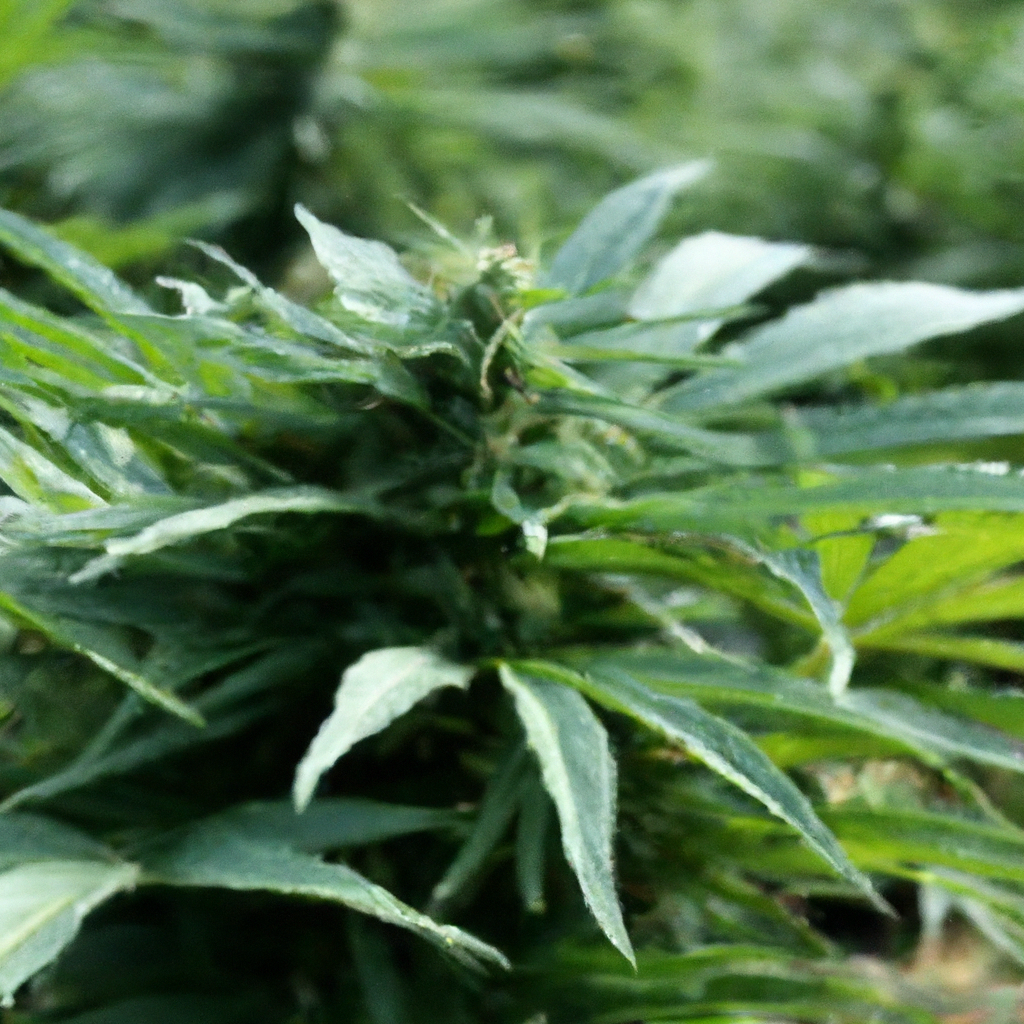
As industries increasingly adopt sustainable practices, the organic cultivation of cannabis emerges as a beneficial trend for the environment and consumers. Key practices include nurturing healthy soil with composting, cover crops, and mulching; using natural fertilizers like fish emulsion and bone meal; and employing organic pest control methods such as beneficial insects and neem oil.…
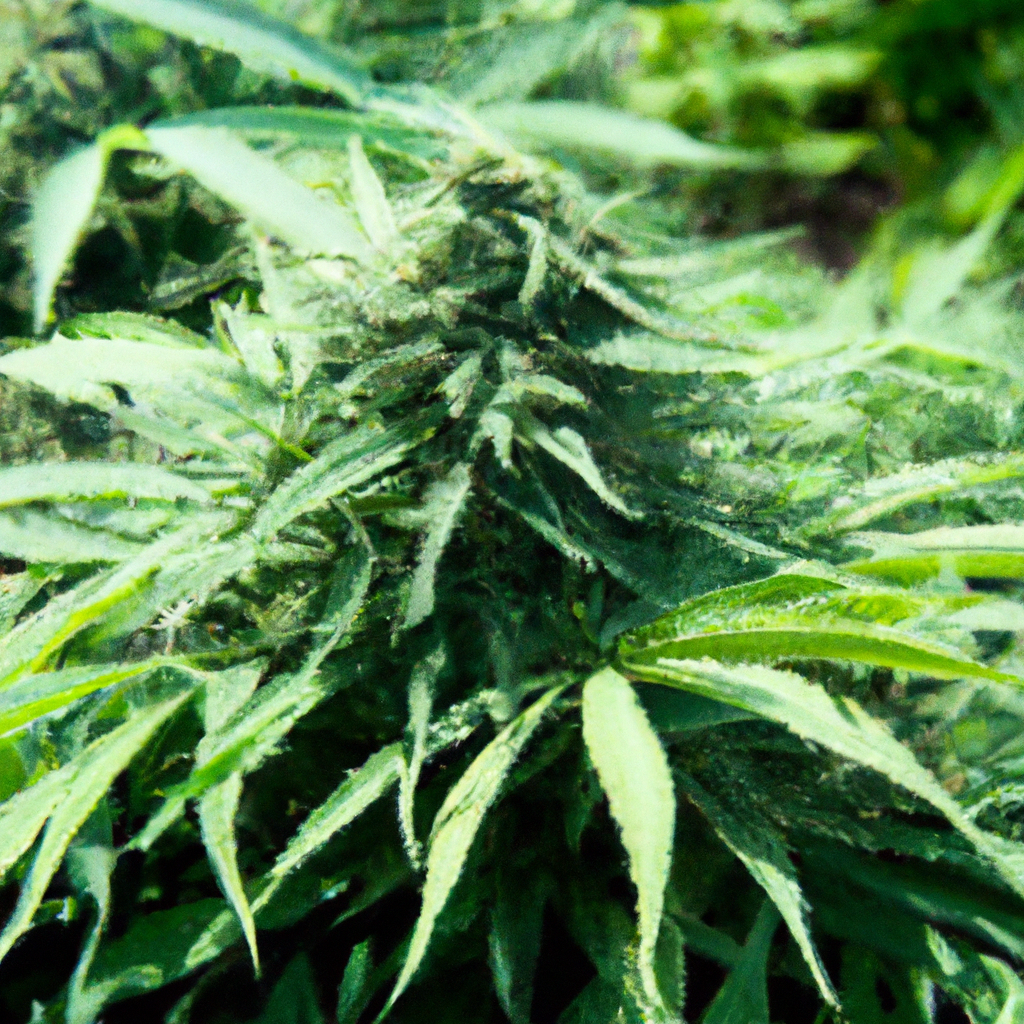
The cannabis industry is increasingly embracing organic cultivation due to its environmental and health benefits. Organic growing focuses on building a robust soil ecosystem with compost, mulch, natural amendments, and cover crops. It utilizes natural fertilizers like compost tea and fish emulsion, and employs natural pest control methods, including beneficial insects and companion planting. This…
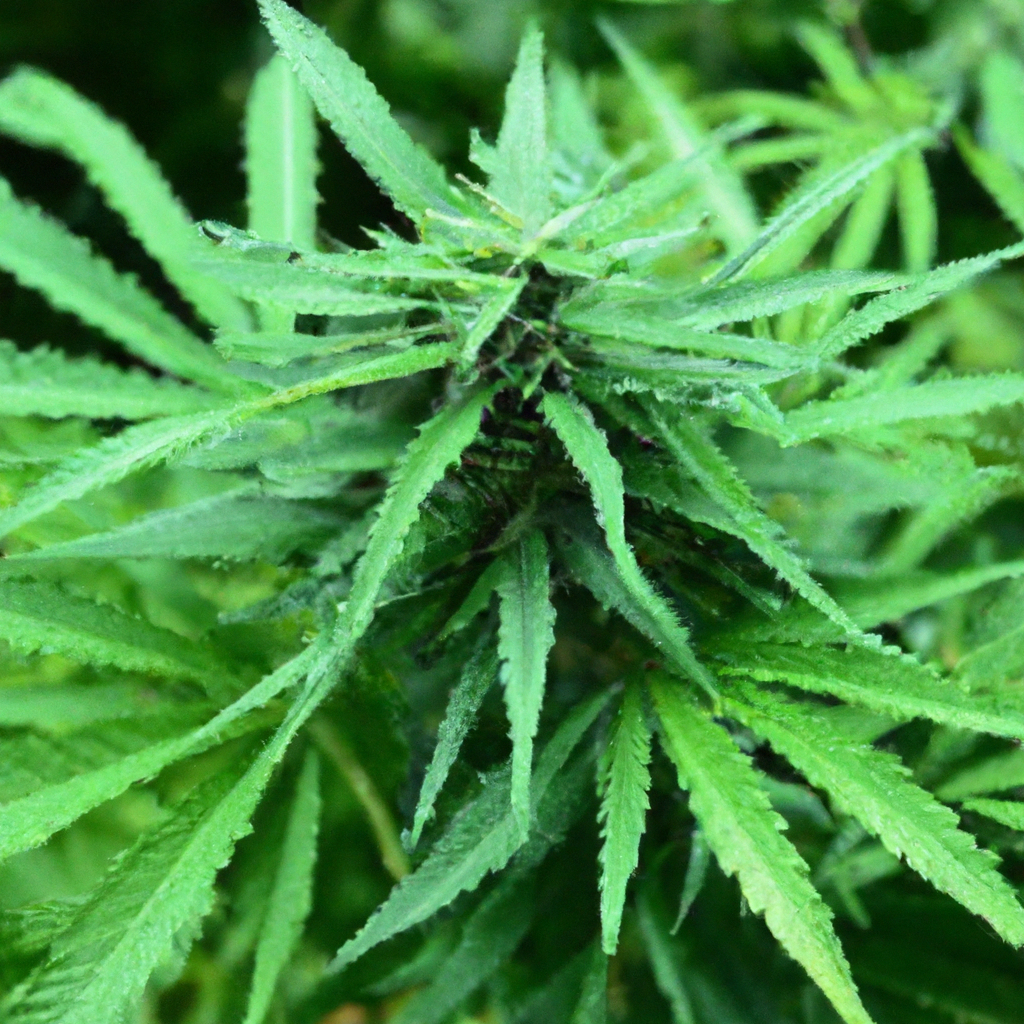
Growing organic cannabis benefits both consumers and the planet by reducing the impact of synthetic chemicals and supporting healthy ecosystems. This blog post outlines best practices for organic cultivation, emphasizing the use of natural fertilizers like compost, bone meal, and fish emulsion. It highlights the importance of healthy soil ecosystems and organic pest management strategies,…
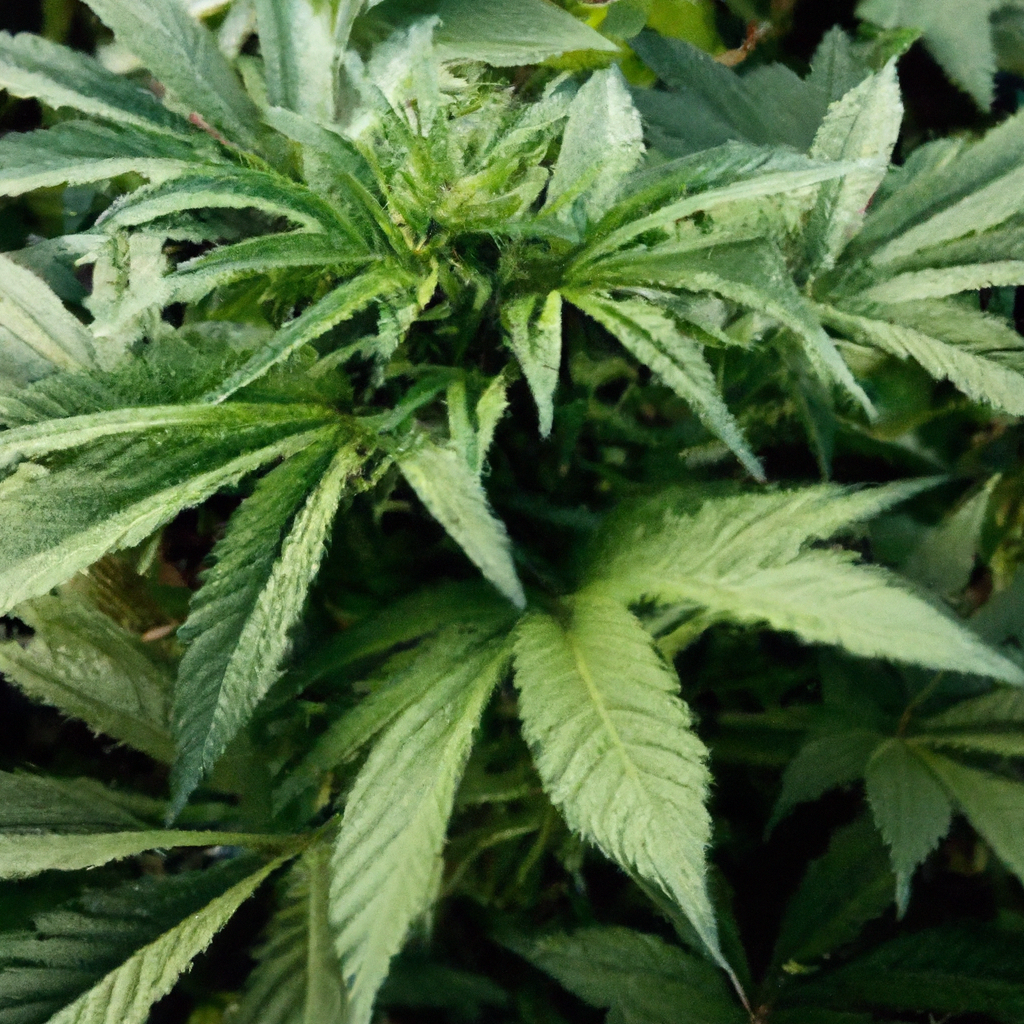
Companion planting can transform cannabis cultivation by creating a resilient ecosystem that enhances growth, repels pests, and improves soil health. Certain plants like marigolds, clover, basil, lavender, and sunflowers offer benefits such as pest control, improved soil conditions, and increased yield. Implementing companion planting involves assessing the needs of your cannabis grow, selecting suitable companion…
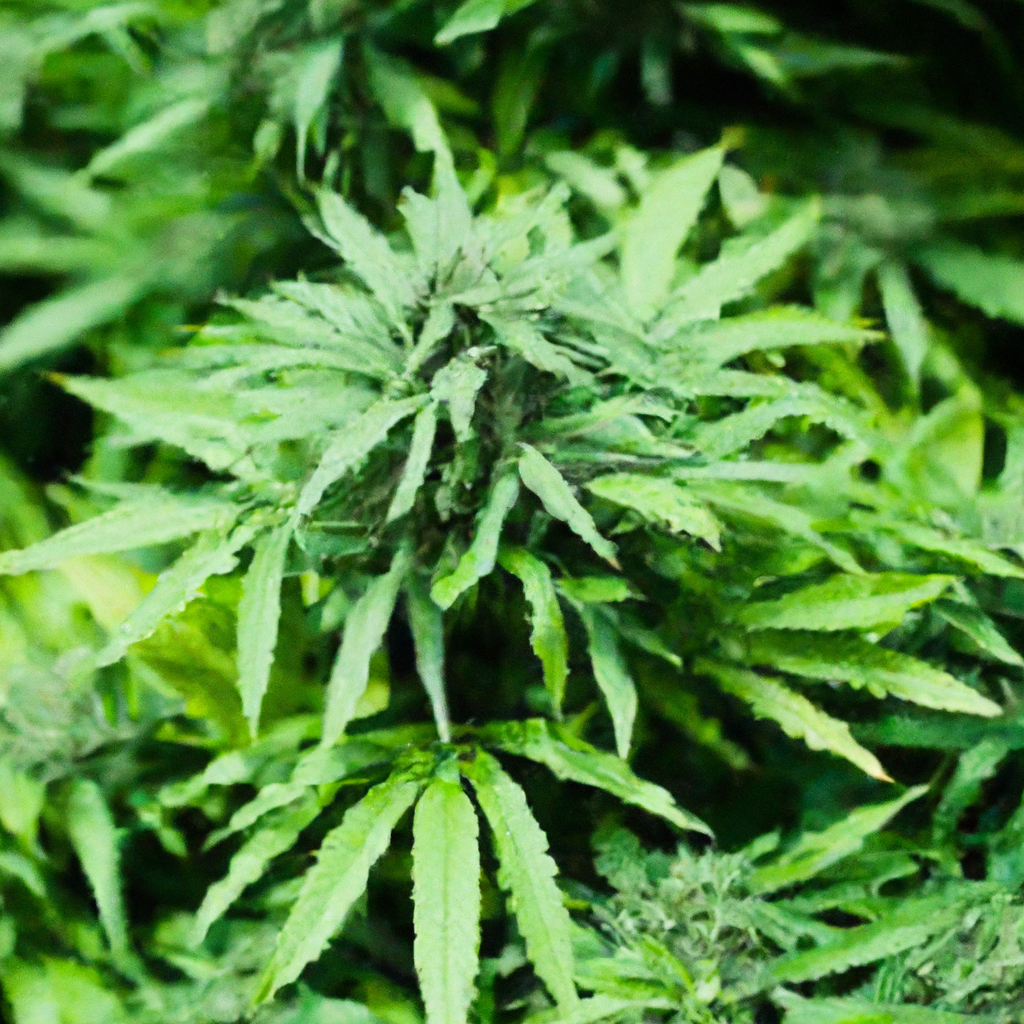
As cannabis cultivation evolves, many growers are adopting organic practices to enhance crop quality and environmental sustainability. Key methods include fostering healthy soil ecosystems through compost and organic matter, using natural fertilizers like bone meal and seaweed extract, and employing innovative pest control techniques such as beneficial insects and neem oil. Emphasizing sustainability further, growers…

The rise of organic cannabis cultivation offers an eco-friendly approach that benefits both plants and the environment. By focusing on healthy soil ecosystems through quality compost, cover crops, and promoting beneficial microbes, growers can enhance nutrient uptake. Natural fertilizers like bone meal, fish emulsion, and kelp meal offer sustainable nutrition, while organic pest control methods…
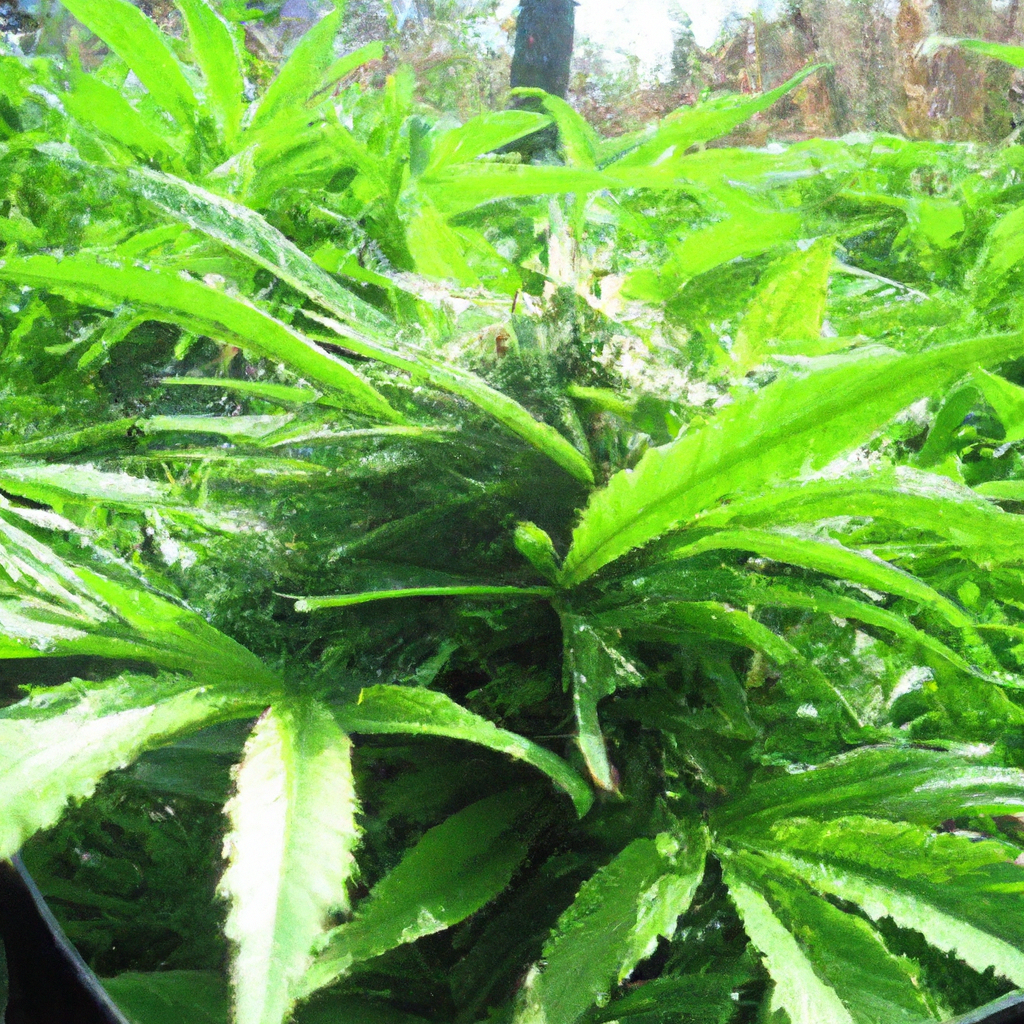
Discover eco-friendly techniques for organic cannabis cultivation that benefit both the planet and consumers. Learn about enhancing soil health through composting, mulching, and crop rotation, while utilizing natural fertilizers like animal manure and fish emulsion. Embrace pesticide-free methods by using companion planting, beneficial insects, and neem oil for pest management. These sustainable practices contribute to…
